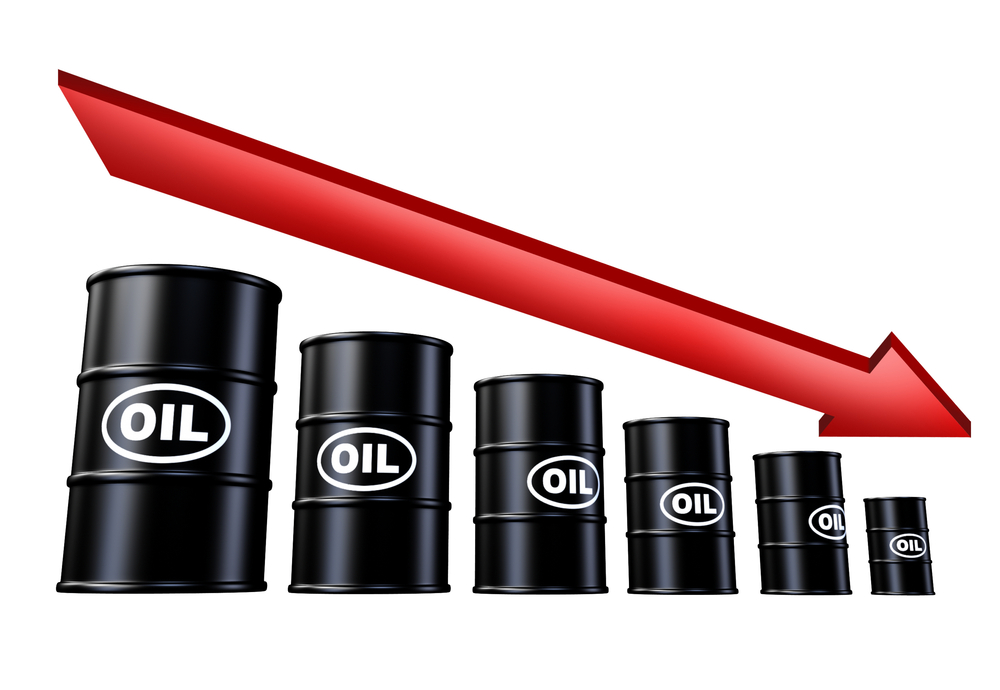Brent oil prices hit $71 per barrel on Thursday, January 25, for the first time since 2014 as the dollar continued to weaken and crude inventories in the United States fell for a 10th straight week amid ongoing supply cutbacks by OPEC and top producer Russia.
Brent crude futures, the international benchmark for oil prices, hit a session high of $71.05 per barrel – the highest since early December 2014 – before dipping back to $70.99 by 0440 GMT. That was still up 46 cents, or 0.7 percent from the last close.
U.S. West Texas Intermediate (WTI) crude futures climbed to $66.35 per barrel, also the highest level since early December 2014, before dipping to $66.26. That was still up 1 percent from the last settlement.
Price have been supported by supply restrictions led by the Organization of the Petroleum Exporting Countries (OPEC) and Russia, the world’s biggest oil producer, which started last year and are set to last throughout 2018.
“That (the producer cuts), the U.S.-dollar fall, along with another inventory draw combined to drive (crude) up,” said Greg McKenna, chief market strategist at futures brokerage AxiTrader.
U.S. crude inventories fell 1.1 million barrels in the week to Jan. 19, to 411.58 million barrels, the Energy Information Administration (EIA) said on Wednesday.
That is the lowest seasonal level since 2015 and below the five-year average of about 420 million barrels.
In foreign exchange markets, the U.S. dollar hit its lowest level since December 2014 against a basket of other leading currencies.
A weakening dollar often results in financial traders taking investments out of currency markets and into commodity futures like crude.
Fereidun Fesheraki, Chairman of consultancy FACTS Global Energy, told Reuters in Tokyo on Thursday that oil prices could rise further still.
ALSO SEE: BoI, finance ministry sign Mou to recover NERFUND’s N17.5bn loan
Analysts said that rising oil prices would likely start to have an inflationary effect.
“Higher oil prices will eventually be reflected in higher consumer prices as the costs of transport of most goods will rise,” said William O‘Loughlin, investment analyst at Australia’s Rivkin Securities.
Looming over the generally bullish oil market has been U.S. oil production, which is edging ever more closely towards 10 million barrels per day (bpd), rising to 9.88 million bpd last week.
U.S. output has grown by more than 17 percent since mid-2016, and is now on par with that of top exporter Saudi Arabia.

 News1 week ago
News1 week ago
 Agribusiness1 week ago
Agribusiness1 week ago
 Football5 days ago
Football5 days ago
 Football1 week ago
Football1 week ago
 Football1 week ago
Football1 week ago
 Entertainment4 days ago
Entertainment4 days ago
 Football6 days ago
Football6 days ago
 Football6 days ago
Football6 days ago




